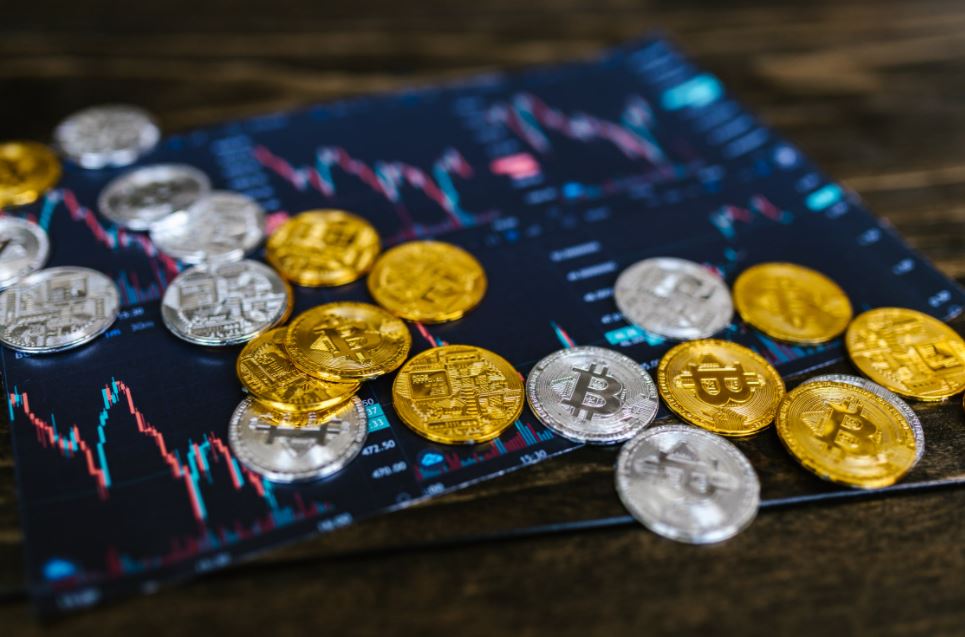News
Central Bank of Sri Lanka releases statement for Public awareness on Risks in investing in Virtual Currencies
-

 Business1 week ago
Business1 week agoNvidia posts mixed Q1, predicts $8B hit with US chip curbs
-

 Business1 week ago
Business1 week agoBlackRock eyes 10% stake in Circle’s IPO
-

 Business1 week ago
Business1 week agoReserve Bank of India to roll out new use cases for digital rupee
-

 Business1 week ago
Business1 week agoGameStop officially confirms first Bitcoin purchase of 4,710 BTC
-

 Business1 week ago
Business1 week agoAmina Bank hits $40M revenue in 2024 as crypto AUM doubles
-

 Business1 week ago
Business1 week agoOpenSea expands beyond NFTs with OS2 public rollout
-

 Business1 week ago
Business1 week agoTON Foundation hires former Visa executive to lead payments strategy
-

 Business1 week ago
Business1 week agoTelegram raises $1.7 billion in convertible bond offering





























